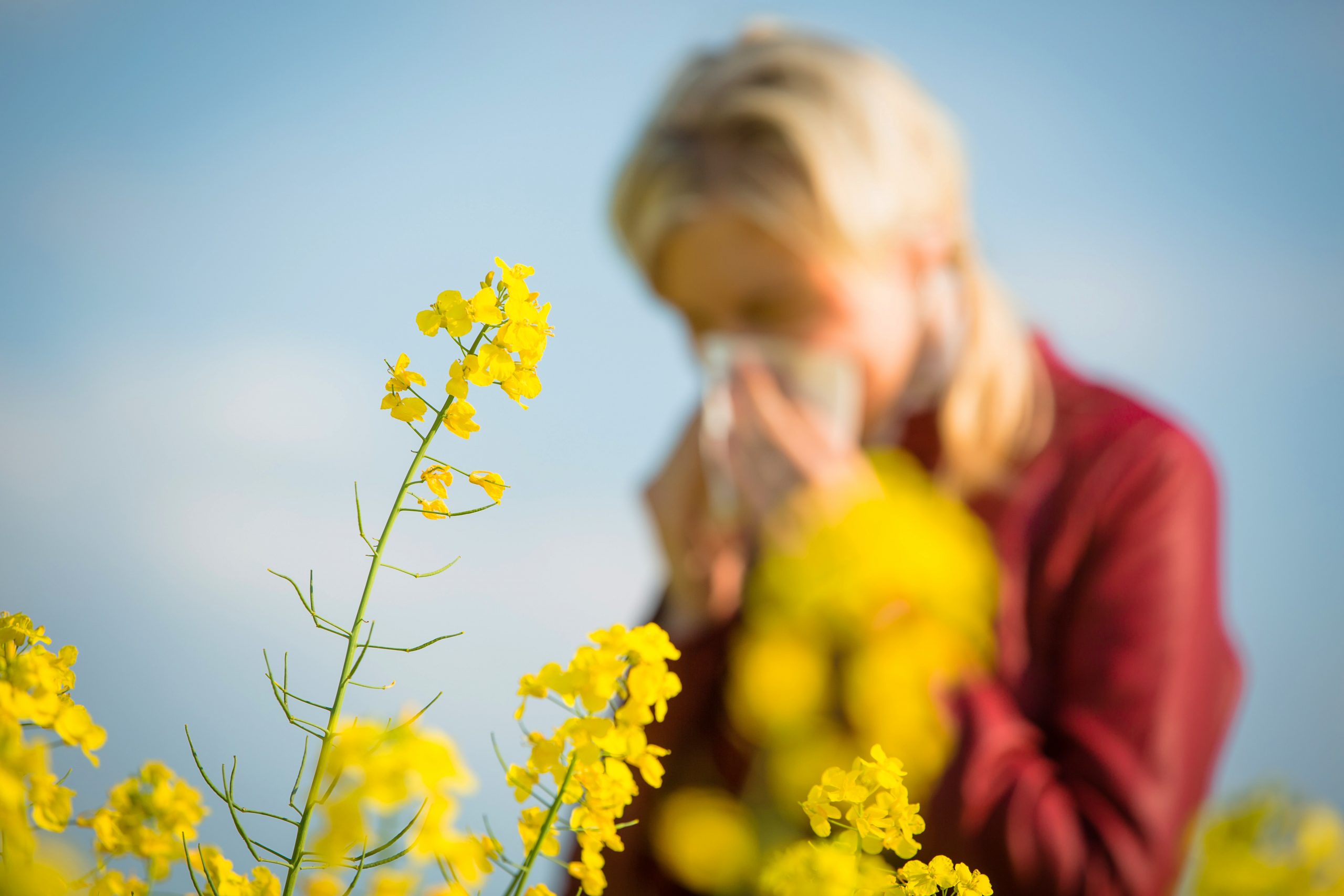If you find yourself with watery, itchy eyes and a runny nose anytime you are exposed to dust, pollen, or animal dander, do not feel bad. You are not alone. Allergic rhinitis effects millions of people everyday. Allergic rhinitis can cause many symptoms, including a funny, stuffy nose, watery eyes, an itchy, irritated throat, and congestion. Whether the cause is from animal dander, pollen, or dust, you will find the symptoms can very from annoyance to a more severe breathing problem. You can’t also undergo nose surgery whenever you want to because of this allergy. Hence, it is very important that you know the treatment for this. Thankfully, you will find there are many treatment options available to you.

Antihistamines and decongestants are one of the most popular ways of treating allergic rhinitis. According to WebMD.com, Antihistamines block the histamines from attaching to the receptors and relieve you of the symptoms associated with them. Decongestants, on the other hand, reduces the swelling associated with allergic rhinitis and allows one to breathe easier through the nasal passages. Both of these can be found over the counter or you may get them in prescription strength and can be used year round if needed.
Another treatment for severe allergic rhinitis is nasal steroids. These come in a form of nasal spray and are often used for more severe allergic rhinitis. They will be absorbed directly by the mucous membranes in your nose and will stop the symptoms of allergic rhinitis. In other words, the nasal steroid, is sprayed into the nostrils and will prevent you from getting the inflammation associated with the allergy. Most nasal steroid treatments are used for a short time only.
For the most severe of reactions, your doctor may prescribe you on an injected steroids therapy. This can only be done for three to ten days as there are harmful side effects associated with longer use. Before your doctor recommends this type of therapy, you will probably have to undergo a series of allergen tests, where they determine exactly what you are allergic to.

If possible, the best thing you can do for allergic rhinitis is to avoid getting near the source of your problems. If you find that your allergens are dust or animal dander, you may want to stay clear from animals and keep your house free of dust. You will find that having an air purifier in your home is quite helpful if you have allergic rhinitis. Unfortunately, many people experience the symptoms of allergies during the spring and summer when pollen is flying through the air and they can not avoid it. During this time, it will be important to discuss with your doctor the best form of treatment.
If you suffer from allergic rhinitis, you will find the treatment options for you and your allergies to be varied. Discuss with your doctor how severe your symptoms are and they can help recommend the best course of treatment for you.




